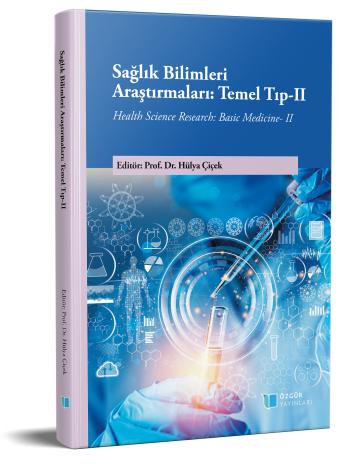
Drug Resistance in Tuberculosis and New Alternatives in Resistant Tuberculosis: Eflux Pump Inhibitors
Chapter from the book:
Çiçek,
H.
(ed.)
2023.
Health Science Research: Basic Medicine II.
Synopsis
Tuberculosis (TB) continues to be a serious public health problem for people all over the world. The high number of drugs used in the treatment process and the long duration of the treatment make it difficult for the patients to comply with the treatment. As a result of treatment incompatibilities, drug resistance is spreading rapidly. There is a need to develop new protocols that will both shorten the treatment process and reduce drug resistance. For this reason, it has been observed in many studies that one of the causes of anti-TB drug resistance is efflux pump systems. Molecules to be used for the inhibition of these efflux pumps in order to reduce the resistance have been used in treatment protocols and positive results have been obtained. In vitro studies have shown that verapamil and other efflux pump inhibitors reduce resistance in anti-TB drug sensitivities. Promising results have been reported when molecules such as verapamil, reserpine, and carbonyl cyanide m-chlorophenyl hydrazone are administered together with first-line anti-TB drugs.

